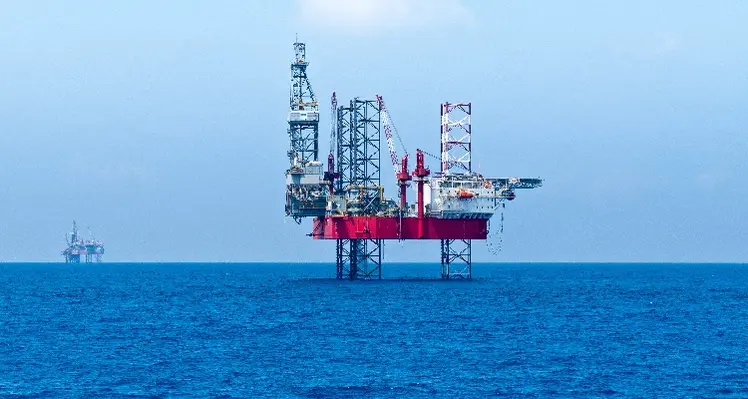Energy consultancy Wood Mackenzie has highlighted five things to look out for in MENA upstream in 2024, powered by its Lens Upstream
Choppy waters for OPEC+
OPEC+ has agreed to deepen production cuts for 2024. Additional reductions of 2.2mn bpd have been announced, including an extension of the voluntary one million bpd cut from Saudi Arabia and 500,000 bpd export reduction from Russia. Iraq, Kuwait and UAE have also committed to cuts, while still growing their production capacity. OPEC + strategy will bear fruit and support prices this year, but only if countries adhere to their quotas, says Wood Mackenzie. With demand uncertainty, the task for OPEC+ to maintain a market balance will be a challenge for 2024.
Gas production rises
Wood Mackenzie forecasts gas production in the region to grow by 4 bcfd (2%) year on year. The largest increases will come from Iran’s South Pars 11, plus incremental growth from key fields in Saudi Arabia. Iraq, Kuwait and Algeria will also add volumes. Conversely, Egypt’s production will continue to decline. Qatar’s production will stagnate until the North Field expansion comes online.
Egypt and Iraq to dominate exploration and licensing activity
Despite the decline in gas production, exploration activity offshore Egypt will continue to go strong. This will be led by the Majors, including Eni, Shell, bp and ExxonMobil, drilling high-profile wells in the Nile Delta. Exploration must deliver if Egypt is to find a way out of its ongoing gas crunch, the energy consultancy comments. While developing any material discovery will likely take four years or more, the Majors’ strong interest provides optimism. In Iraq, bids close for blocks in Round 5+ and 6 close this January. Interest is expected from Asian NOCs, Indian and Russian companies.
Middle East money fuels international M&A
Wood Mackenzie expects more NOC focus on international M&A in 2024, with ADNOC and KUFPEC in particular likely to be assessing acquisitions. KUFPEC is understood to be in discussions to acquire more southeast Asian assets, while ADNOC is collaborating with Chinese partners to explore international LNG opportunities as well as considering an opportunity in Libya. M&A activity in the Middle East will be focused on the remaining equity in Qatar Energy’s North Field expansion.
COP28 catalyses energy transition initiatives
Following COP28 a raft of net-zero pledges will accelerate investment in clean energies across the region. The Oil and Gas Decarbonisation Charter launched at COP28 saw more than 50 IOCs and NOCs commit to a net-zero strategy. The region’s flaring is expected to fall by 5% in 2024 as gas processing hubs come online, mainly in Iraq, which has ambitious plans to eliminate flaring by doubling its associated gas processing capacity by 2030. CCS activity is growing, with ADNOC doubling its CCS target to 10 mmtpa by 2030.
Access the MENA Upstream report here








